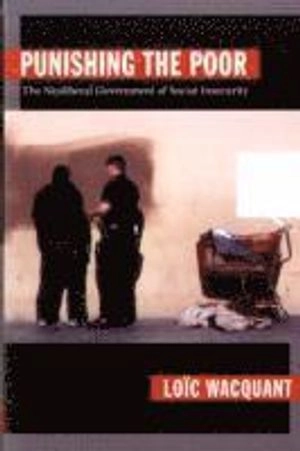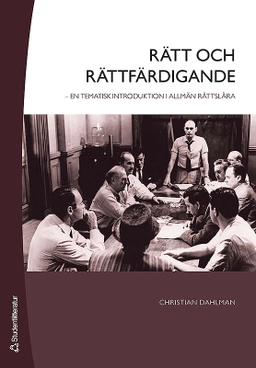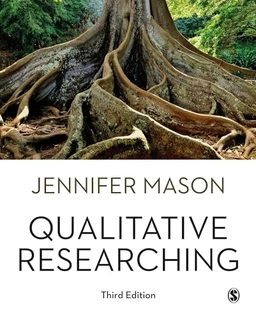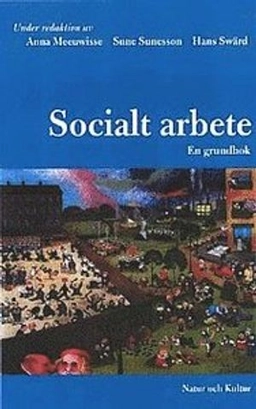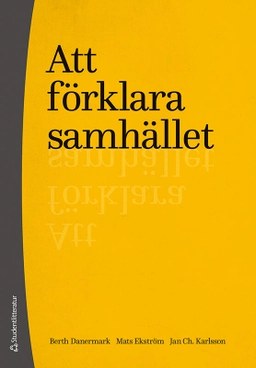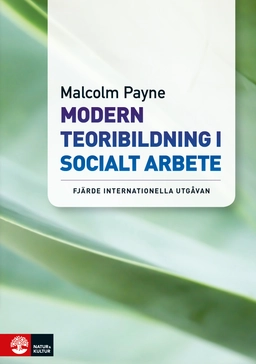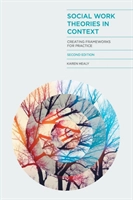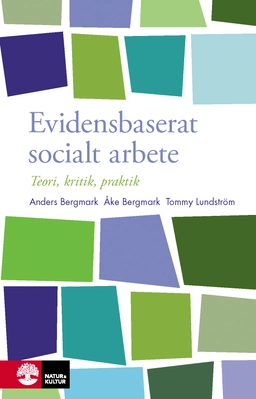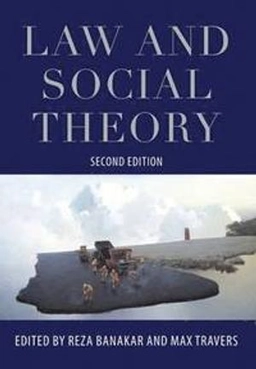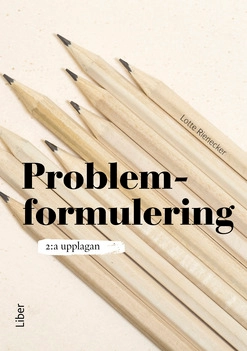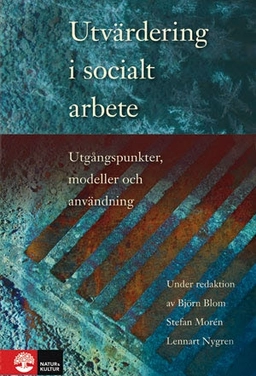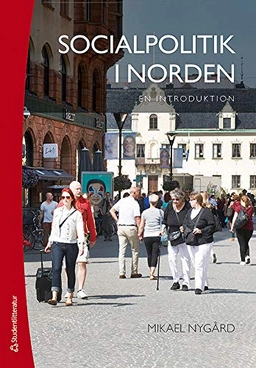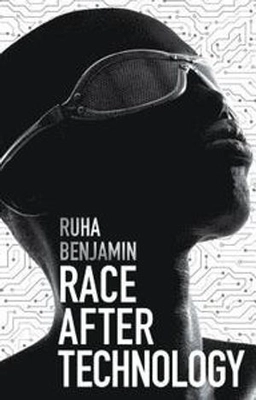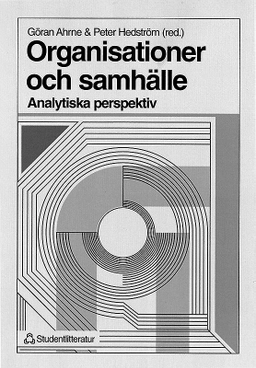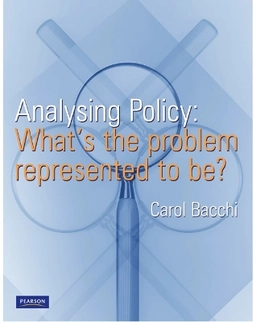The punitive turn taken by penal policies in advanced societies over the past two decades does not pertain to the traditional duo of crime and punishment. Rather, it heralds the establishment of a new government of social insecurity aimed at molding the conduct of the men and women caught in the turbulence of economic deregulation and the conversion of welfare into a springboard toward precarious employment. Within this 'liberal-paternalist' apparatus, the prison has recovered its original mission: to tame the populations and the territories rebellious to the emerging economic and moral order, and to ritually reassert the fortitude of the rulers. It is in the United States that this new politics and policy of marginality wedding restrictive 'workfare' and expansive 'prisonfare' was invented, in the wake of the social and racial reaction of the 1970s that was the crucible of the neoliberal revolution. "Punishing the Poor" takes the reader inside America's prison to probe the entrails of the bulimic carceral state that has risen on the ruins of the charitable state and the black ghetto.It demonstrates how, in the era of fragmented labor, the regulation of the lower classes no longer involves solely the maternal arm of the social-welfare state, but crucially implicates the stern and virile arm of the penal state. And it explains why the battle against crime is both a reaction to, and a diversion from, the new social question: namely, the generalization of insecure work and its impact on the life spaces and strategies of the urban proletariat. By uncovering the material underpinnings and unhinging the symbolic springs of the law-and-order reason that is now sweeping through the countries of the First and Second worlds, this bold book linking social and penal policies makes an original contribution to the historical anthropology of the state in the age of triumphant neoliberalism.
Åtkomstkoder och digitalt tilläggsmaterial garanteras inte med begagnade böcker
